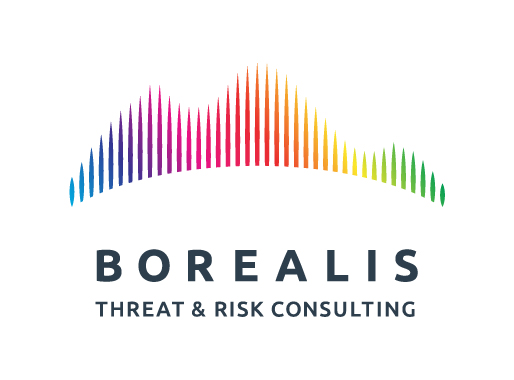This piece first appeared in the Epoch Times on February 18, 2023.
I’ll never forget July 18, 1983.
It was my first day on the job at the Communications Security Establishment, Canada’s signals intelligence (SIGINT) agency. I was all of 22 years old, days out of an MA from Western University and ready to start my first full-time job as a translator at the Department of National Defence (at least that is what I had been told). Now I was getting my indoctrination into what I was really being asked to do: Read sensitive intercepted signals and extract intelligence to be forwarded to senior government officials to help keep Canada safe.
A large, imposing ex-RCMP officer I’ll call Joe was walking me through the position and what my obligations were. At the end, as my mind struggled to take in what I was hearing, he looked at me and said: “Son (yes, he called me “son”), you are going to get access to some very sensitive material which must be protected. If you choose to share any of it outside of work you’ll get 14 years in the slammer!” What in heaven’s name had I signed up for?
Those of us who worked in intelligence/national security took our obligations regarding secrecy seriously. Some made up stories about the workplace (Me? Oh I’m just a numberless clerk!). Others simply said nothing to anyone about our employment. All of us learned quickly how to deflect questions and probing by friends and family about what exactly we did in the Sir Leonard Tilley building in central Ottawa.
There are reasons of course for this secrecy. The two most important elements to intelligence are sources and methods: where you gather intelligence and how you do so. Compromise either and very valuable information can disappear overnight. Trust me, I’ve seen it happen. It is rarely a good idea to act wantonly when one’s livelihood is at stake.
What, then, should we make of what certainly appears to be a “leak” at CSIS, the Canadian Security Intelligence Service where I toiled as a senior strategic terrorism analyst after my sojourn at CSE? Documents obtained by a Globe and Mail reporter point to egregious attempts by the People’s Republic of China government to interfere in the 2021 federal election through “strategies to leverage politically [active] Chinese community members and associations within Canadian society,” and employing “disinformation campaigns and proxies connected to Chinese-Canadian organizations in Vancouver and the GTA … to voice opposition to the Conservatives and favour the Trudeau Liberals,” among other acts.
That CSIS had this intelligence should surprise no one. The organization has a mandate to investigate what is called “foreign interference” under Section 2 b) of the CSIS Act and has been doing so for decades. I was not myself involved in these investigations but I knew many intelligence officers, analysts, and others who were and they did a fine job at gathering, processing, analyzing, and distributing their assessments to senior government officials, up to and including the prime minister.
And yet successive federal governments have ignored all this damning evidence of China’s meddling in our democracy for many, many years. That a CSIS officer may, and I stress may, have elected to leak this info to a Canadian journalist is a risky move. If discovered, the individual(s) could face serious consequences, perhaps arrest and charges. It is fair to ask why someone would go to that extent.
I do not support this action, but one could understand why someone would go to such lengths (whether or not sources and methods were compromised is still an important consideration). When you have seen your intelligence shunted aside for decades, when you realize that decision-makers are not making use of important pieces of the puzzle, when a foreign power is taking advantage of your open society to impact the fundamental fairness of elections, it is easy to see why someone would want the “truth” to come out. The more Canadians know about this aggressive influence on our democracy the more they can demand that action be taken—immediately. No more “I was not briefed on this issue” excuses.
We spend billions on intelligence in this country for a reason. The information it leads to can stop terrorism attacks from taking place, help identify foreign spies from stealing our secrets, and point out when those who do not have our interests at heart act to undermine our societies. That it seems to have taken an unauthorized disclosure rather than the easier expectation that government officials would read, value, and use the intelligence they were given is a sad comment on the (lack of) intelligence culture in Canada.
Well, the cat is out of the bag now. China has been shown to have its hand caught in the ballot box.
So now what? Stay tuned for real action—finally! Or not.

